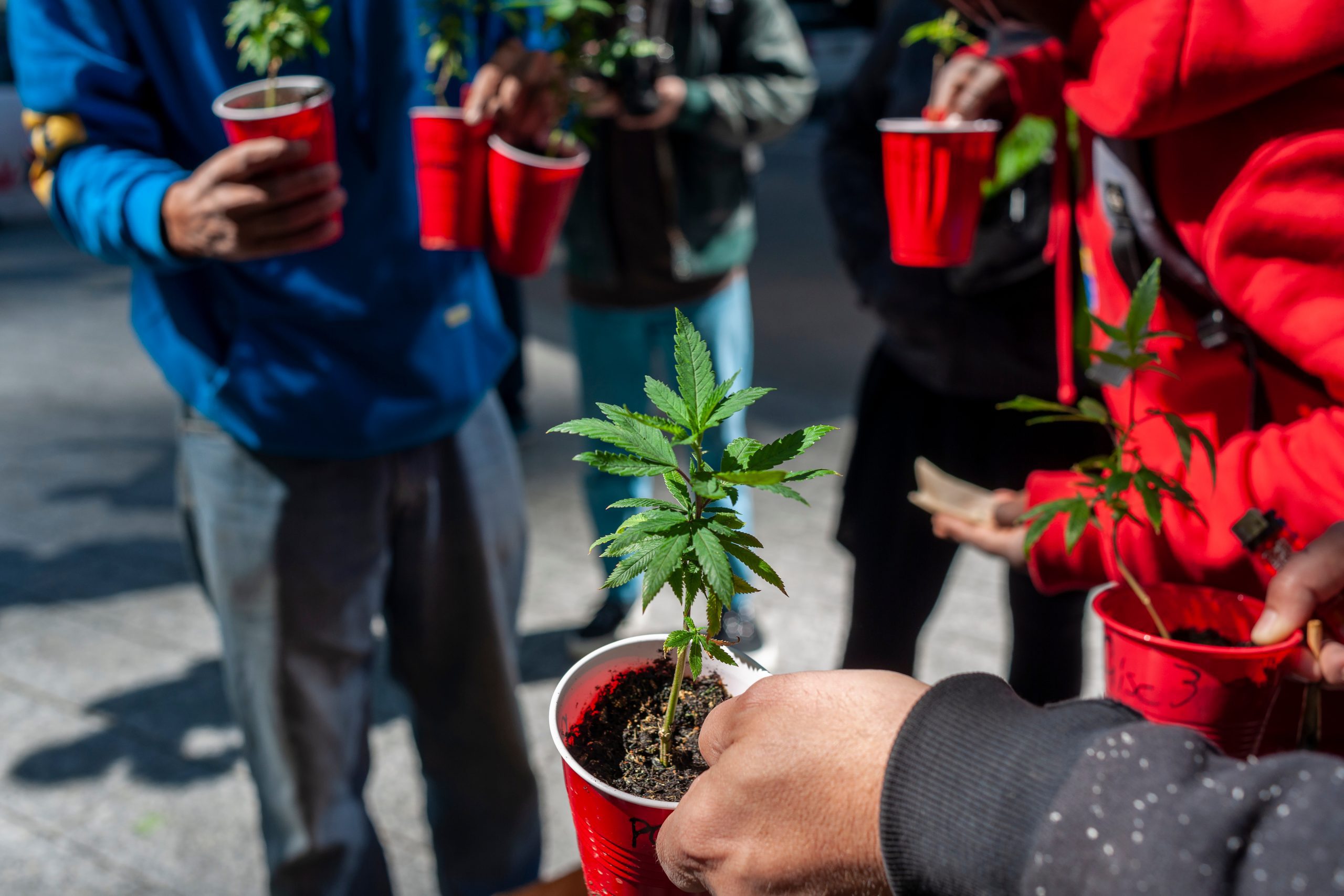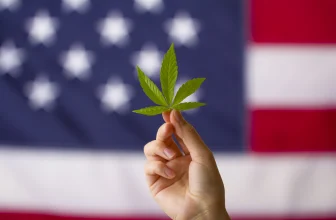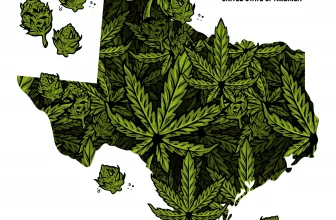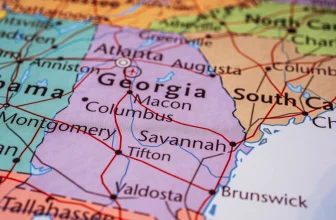
Walk the streets of Manhattan these days, and you’ll notice a dramatic change. Since the legalization of recreational marijuana in April 2021, the fragrance of NYC is no longer that aromatic mix of cooking, garbage, and sewer gas — it’s weed.
People are celebrating their right to smoke in public with a particular vigor. And though there is more evidence of marijuana than ever before, the city has seen a sharp plummet in marijuana-related arrests in their first quarter.
It is not surprising that arrests declined; what is surprising is how sharply. The NYPD’s data showed a much larger drop than in other jurisdictions where cannabis prohibition took place.
The Numbers
In the first quarter of 2021, criminal possession arrests started at 163. By the latest quarter, they were just eight.
That’s a 95.1% decrease in arrests.
What’s even more incredible is the drop in marijuana-related court summonses. They started the year at 3,687 and have dropped to just eight between April and June (a 99.8% drop). Of these, two cases were for unlawful sales, and six were for unlawful possession.
Legalization allows adults aged 21+ to carry as much as 3 oz. of weed, meaning all 16 arrests and summonses were for those exceeding this limit. Retail sales are not yet legal, which creates a challenge around access.
Marijuana Legalization Story in Other Cities
For comparison, take the case of Chicago. Illinois legalized marijuana a couple of years ago, and retailers have been in operation since 2020; however, the number of marijuana-related arrests still came in at around 3,000. The people arrested were disproportionately black.
In Colorado, which legalized half a decade ago, the number of possession-related arrests dropped from 1,548 to 351 between 2014 and 2016. Despite this, arrests for public consumption and display shot upwards by a factor of 111 — from 8 to 891 — which effectively negated the change.
According to the Washington Post, D.C.’s possession cases were cut in half after legalization, but cannabis arrests related to public consumption and unlawful sales continued. In the legalized era between 2015 and 2019, D.C. police made 3,631 marijuana-related arrests — 900 of these were for public consumption, and there was a significant racial disparity in the demographics of people arrested.
Legalization is freeing up resources in the legal and judicial system in New York City. But it’s public consumption that is really making the difference.
The Curious Case of Public Marijuana Consumption
If there’s one factor that differentiates NYC from places like Chicago, it’s the freedom to consume marijuana in public.
In New York City, it’s legal to smoke marijuana anywhere tobacco smoking is allowed. This specific protection is what’s achieving the bulk of reform. After Governor Cuomo (D) ratified the legalization law, NYPD took the step of updating their entire force on what was now admissible.
Following Governor Cuomo’s resignation last week around a sexual harassment scandal, he has been replaced by Kathy Hochul (D). She has stated that the implementation of legalization is a top priority and that her office will move quickly in filing regulatory positions around cannabis sales. She hopes to make headway in negotiations with lawmakers — negotiations that stalled under Cuomo’s leadership.
The fact that neighboring New Jersey’s adult-use marijuana regulations are further along than New York’s will add a certain amount of pressure to this agenda.
Movement in New York’s Marijuana Program
In July, a senator for New York put forth a bill for provisional marijuana licensing, which would allow farmers to start growing and selling cannabis before the adult-use program is officially rolled out. The Senate Rules Committee is currently scheduled to review it.
With state revenue from marijuana projected to be between $245 million and $300 million, there is plenty of incentive to get laws passed as quickly as possible.
The first year of cannabis sales comes with a small projection for marijuana-related taxes: just $20 million. However, the 2021-2022 budget, passed by the legislature in April, expects a whopping $26.7 billion in new forms of revenue.
Cannabis alone is projected to create over 60,000 new jobs and add $3.5 billion to the state’s annual economy. Coupled with the massive decrease in arrests and summonses, this all provides plenty of motivation to fast-track the adult-use program.






